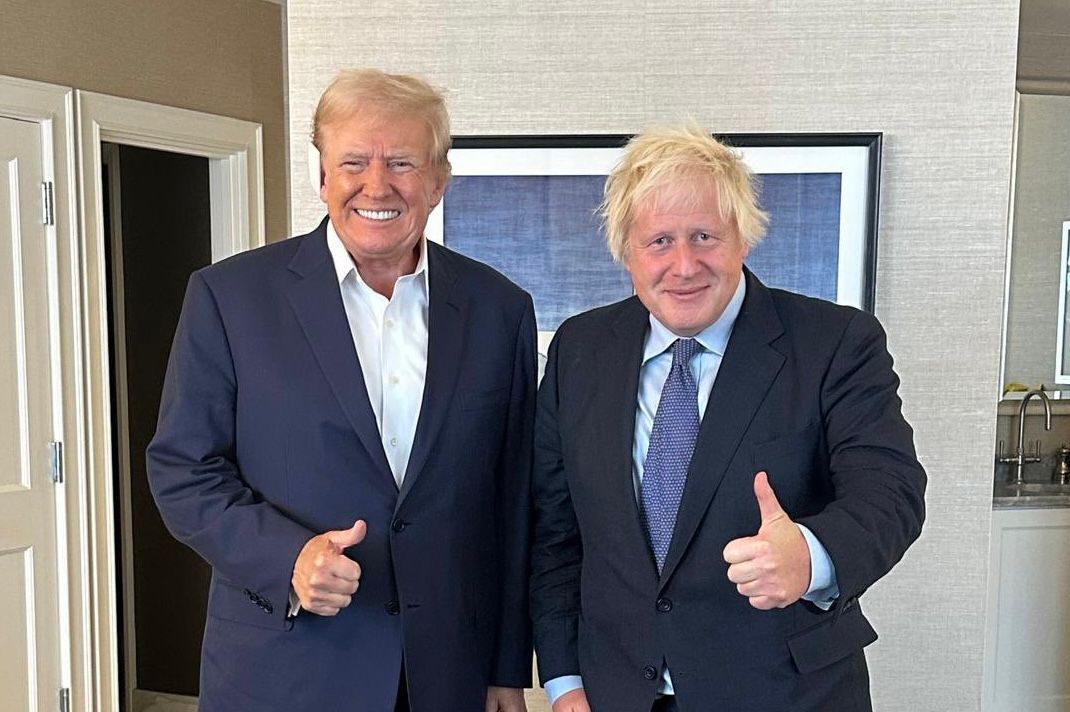Trump says both Russia and Ukraine 'want peace', sets deadline for deal

U.S. President Donald Trump said on April 24 that both Russia and Ukraine "want peace," adding that he had set a deadline to finalize a deal aimed at ending the war.
"So we are thinking very strongly that they both want peace," Trump said during a meeting with Norwegian Prime Minister Jonas Gahr Store. "But they have to get to the table. We’ve been waiting a long time. They have to get to the table. And I think we’re going to get peace."
Trump also said that he has a deadline for reaching a peace deal but did not elaborate.
"I have my own deadline," he said. "... And after that, we're going to have a very much different attitude. But I think we have a very good chance of getting (a peace deal) done."
The remarks come as the U.S. pushes for a ceasefire in Russia's full-scale invasion of Ukraine. Trump warned earlier this week that the U.S. may withdraw from the mediation process if no progress is made in the coming days.
Ukraine is under pressure to respond to a controversial U.S. peace proposal, first presented in Paris on April 17. According to the Wall Street Journal, the plan includes U.S. recognition of Russia's 2014 annexation of Crimea and a permanent ban on Ukrainian NATO membership — both key Kremlin demands.
President Volodymyr Zelensky has rejected any deal involving territorial concessions. "This violates our Constitution. This is our territory, the territory of the people of Ukraine," he said on April 22.
On April 23, Trump denied Ukraine is being forced to recognize Crimea as Russian, writing on Truth Social that "nobody is asking Zelensky to recognize Crimea as Russian Territory."
The U.S. president claimed the U.S. had already reached a deal with Russia and now needed one with Ukraine. He added that Zelensky has been "harder" to deal with than expected.
On April 24, Russia launched missile strikes on Kyiv that killed at least 12 civilians and injured 90. Trump responded by saying he was "not happy" with the attack, calling it "not necessary" and "very bad timing," but did not condemn Russia or propose consequences.
Ukraine has already agreed to a 30-day ceasefire proposed by the U.S. on March 11, contingent on Russia's acceptance. Moscow has refused, continuing offensive operations across the front.
While expressing frustration with Russia's refusal to de-escalate, the U.S. president has yet to impose new sanctions or take punitive measures in response to Moscow's aggression.











